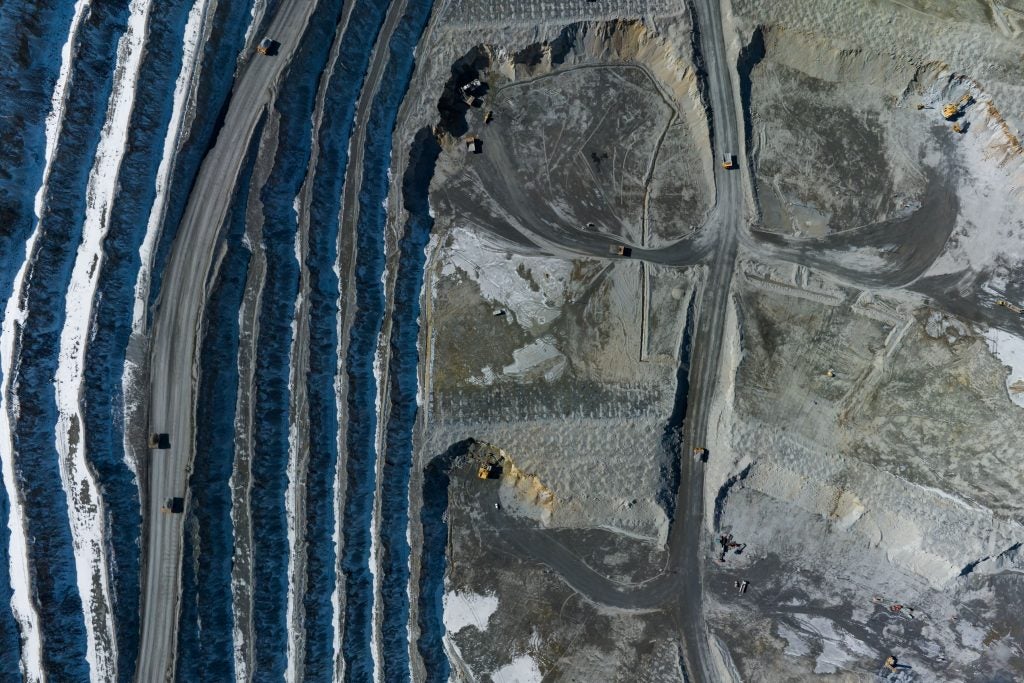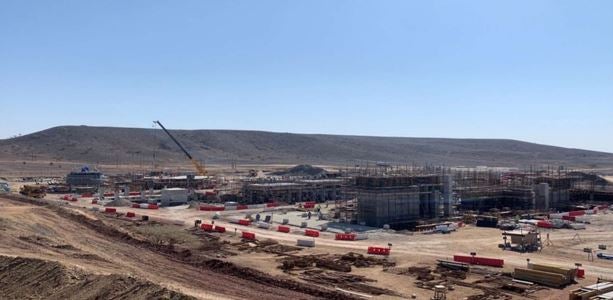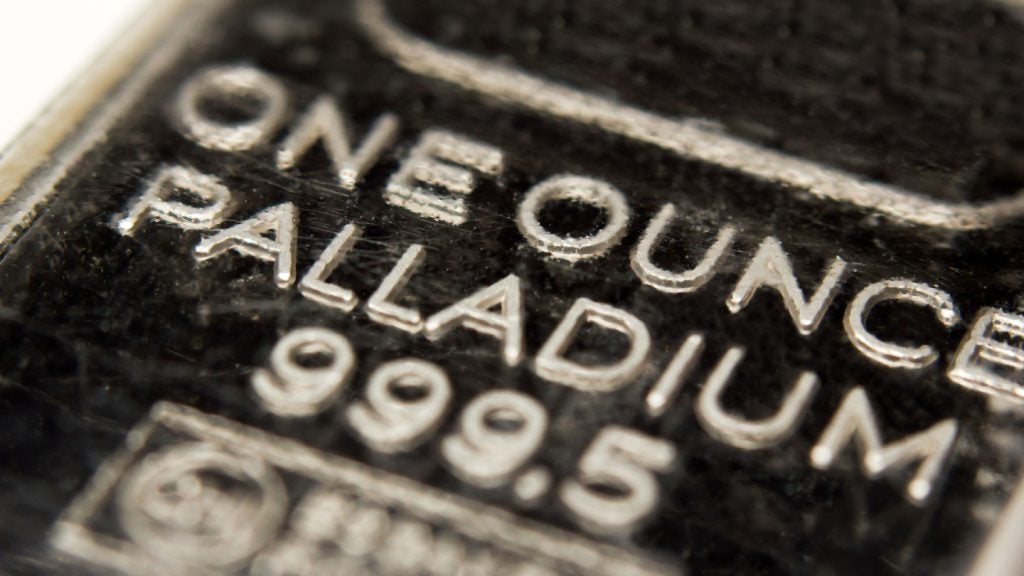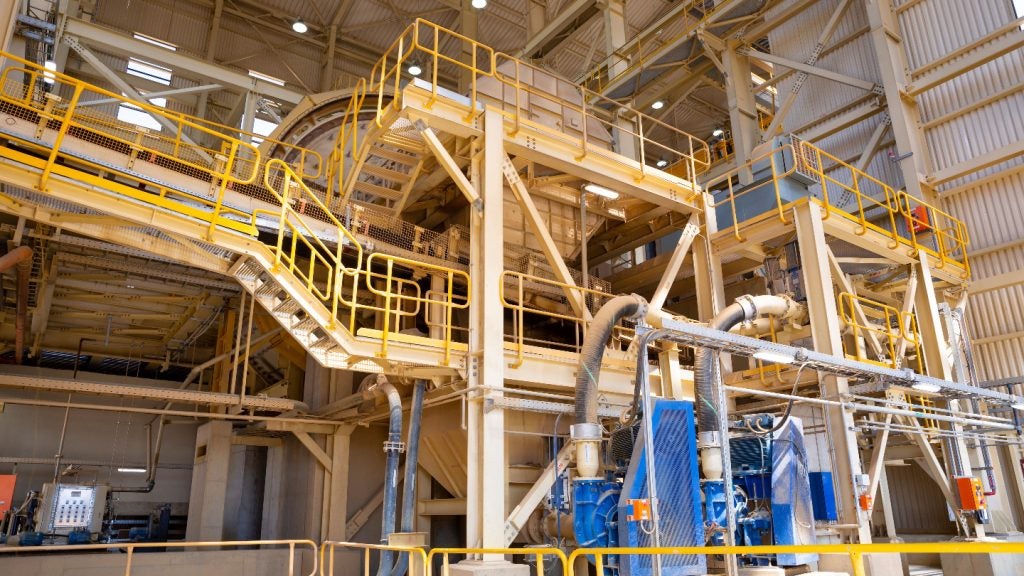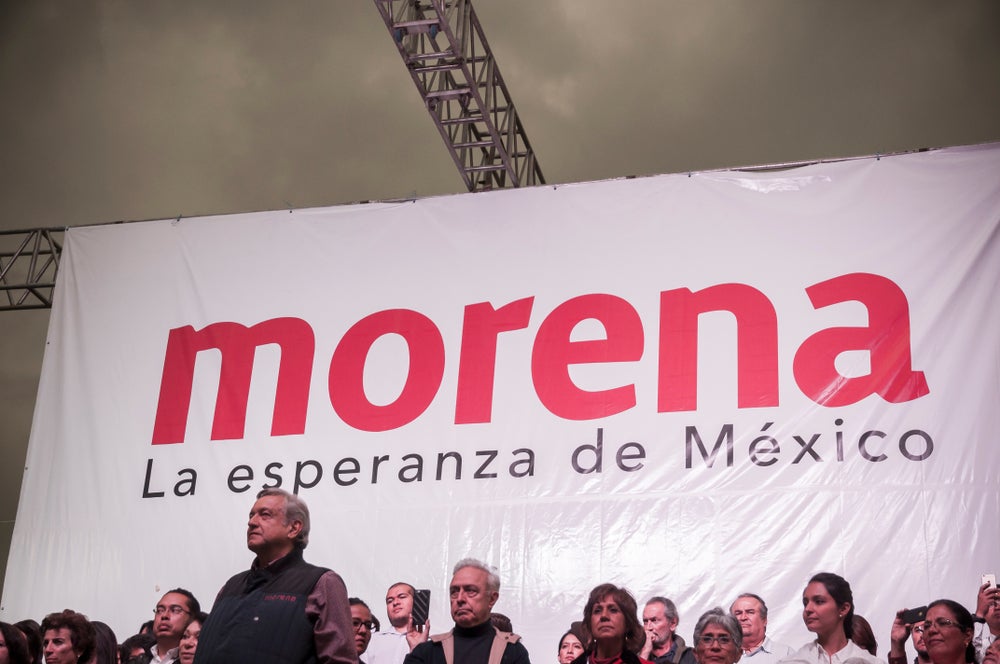
The Mexican parliament’s lower chamber today began discussions on a proposed overhaul of the country’s mining laws, following intense disagreements.
The new proposed laws would include the shortening of concessions from 50 to 15 years, the tightening of rules for water permits and a requirement for miners to give back at least 10% of profits to communities and disclose the impacts of their operations.
The Environment and Natural Resources Commission submitted the draft reforms to parliament today, as is required for the United Commissions on Energy and Commerce and Competitiveness to begin ruling.
The reform was initially proposed on 28 March but was quickly met with criticism by industry leaders. Jaime Gutierrez, the president of the Camimex mining association, criticised the move as “completely unviable” and “showing a complete lack of understanding of the industry”.
The proposal seeks to implement modifications to a number of laws including the Mining Law, the National Water Law, the General Law for Ecological Balance and Environmental Protection and the General Law for the Prevention and Management of Mine Waste.
The proposed law also seeks to establish concession-granting mechanisms which take place through public tender and forbids concessions being granted on protected areas. Concession holders would be forbidden from expropriating land for mining exploitation and replacing land titles with monetary deals under the new law.
Opposition to the proposed law
The law is yet to fully pass through parliamentary process. The head of Mexico’s mining chamber claimed last Thursday that the law would cost the country $9bn in investment and cut 42,000 jobs in the coming years.
The Association of Mining Engineers, Metallurgists and Geologists of Mexico additionally issued a statement encouraging the Lower Chamber to organise a meeting so that the 70 sectors that may be affected by the reform can better learn about its impacts.
Mexico is the world’s largest silver producer and a major producer of copper and gold. Last year, Mexico’s lower house of Congress approved a decision to give the country exclusive rights to its lithium resources.
President Andres Manuel Lopez Obrador said of the decision: “We are going to protect our lithium, the lithium of Mexico, the lithium of our generation and of future generations, of our children and our grandchildren”.
Influential industry figures have criticised the government’s involvement in the sector. Gutierrez said of the proposed laws: “The government’s job is to distribute wealth, companies’ job is to generate it […] We need to ensure that companies keep functioning so they can continue to generate this wealth”.


